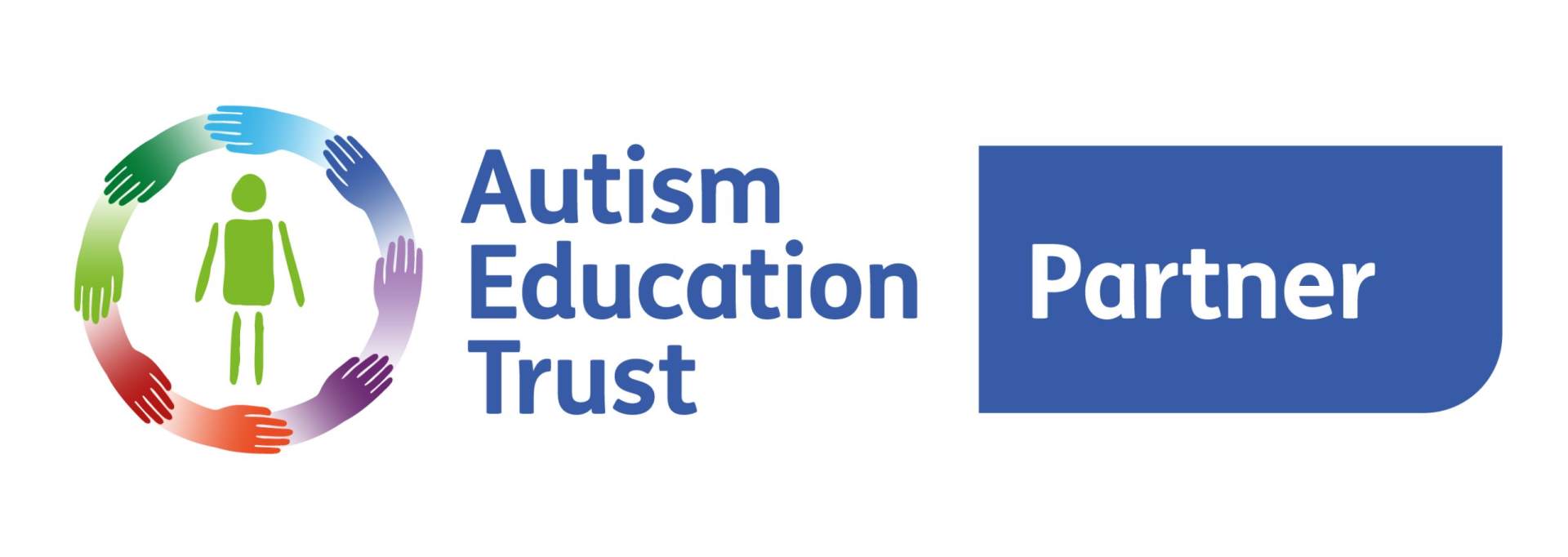Early Years Foundation Stage

The goal of early childhood education should be to activate the child's own natural desire to learn.
Maria Montessori
The EARLY YEARS FOUNDATION STAGE is the gateway to school life for our reception students. We pride ourselves in providing and building strong foundations, creating stimulating and inviting learning environments which inspire and motivate the children in our care.
We follow the Development Matters EYFS curriculum and work towards children achieving their early learning goals (ELG’s). We focus on the 7 key areas of Communication and Language, Personal, Social and Emotional Development, Physical Development, Literacy, Mathematics, Understanding the World and Expressive Arts and Design.
EYFS at Hollinwood Academy
Every child is seen as an individual and we develop bespoke plans for each student based on their needs. We ensure that any barriers to their learning are overcome using a variety of methods and a range of specialist pedagogy to guarantee the best possible outcomes.
We use Attention Autism to develop skills of attention, communication and social interaction, which aims to develop natural and spontaneous communication skills in children who have an ASC diagnosis. This programme is visually motivating and encourages independence, with a goal to increase verbal and non-verbal communication and build a wealth and depth of vocabulary.


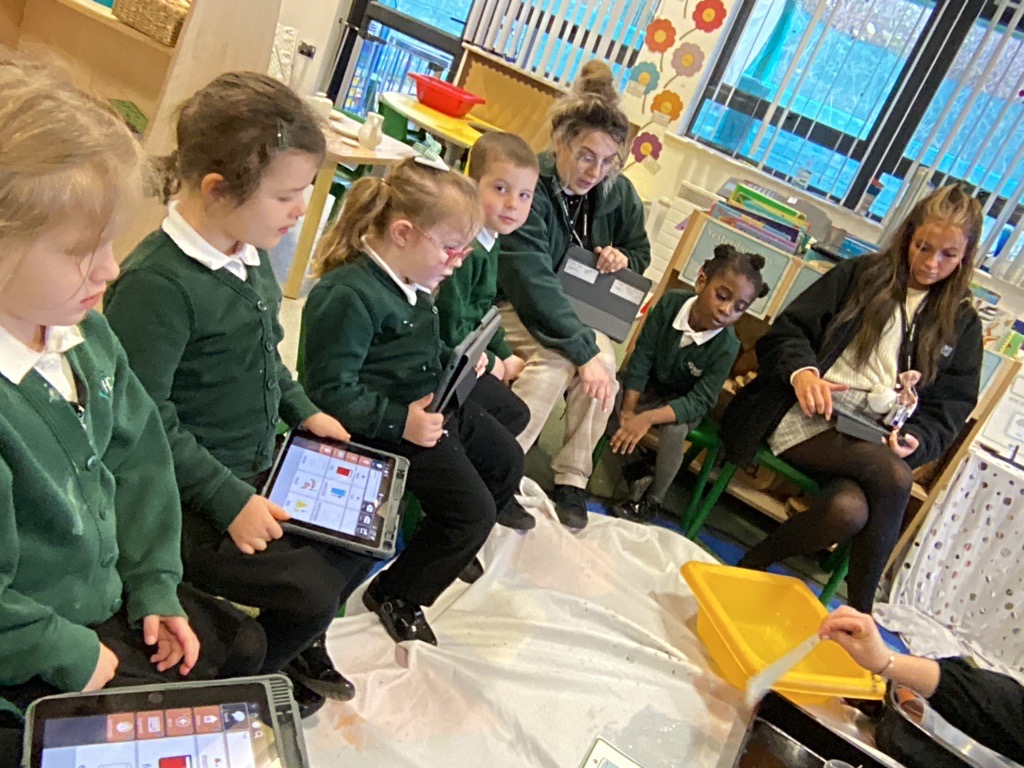
Attention Autism on a Page.pdf
For more information on attention autism please see the link below:
The class uses a mixture of continuous provision opportunities, whole class teaching, group work and also 1:1 interventions. The continuous provision offers high quality resources which allow children to explore independently, with their peers or the opportunity to engage with adults who can support and prompt creative thinking and play. We provide a nurturing environment that encourages confidence, and which allows children to feel secure and safe. We have high expectations of all children and trust children to follow the routines and boundaries of the class from the outset.
We have a thematic approach to our curriculum delivery. We have 6 topic themes over the year and these shape the focus for all curriculum subjects throughout the term, ensuring a consistent theme is interwoven through all learning. This approach keeps the students engaged with their education, and this consistency drives a love of learning and creates an atmosphere where all students can thrive and reach their full potential.
Schemes of Work
We follow the 7 key areas of effective practice, Playing and Exploring, Active Learning, Creating and Thinking Critically, Communication and Language, Personal, Social and Emotional Development, Physical Development, Literacy, Mathematics, Understanding the World and finally Expressive Arts and Design. We follow 6 themes over the three terms and cover all 6 over the year. This year we have covered the following:

EYFS curriculum in cycles Autumn 1.pdf
EYFS curriculum in cycles Autumn 2.pdf
EYFS curriculum in cycles Spring 1.pdf
EYFS curriculum in cycles Spring 2.pdf
Within EYFS we use a variety of schemes to support the curriculum offer. We use WHITEROSE MATHS, Talk for Writing, Kapow, READ WRITE INC; to name a few. We also support the wider curriculum with targeted support against the students individual EHCP, AET, Attention Autism and Sensory Circuit Assessment Books to track their additional progress and priorities.
For more information on these schemes see the links below:
Sustainability Curriculum within EYFS
At Hollinwood Academy, our EYFS team is dedicated to helping our children learn about caring for our planet. We believe that introducing ideas about sustainability into our lessons is very important, and we do this throughout the whole year.
One of the things we focus on is recycling. We teach our children what recycling means and why it is good for the earth. We learn about how litter can harm our environment. In our class, we often make colourful posters to remind everyone to look after the world by putting rubbish in the bin and recycling whenever we can.
We enjoy going outside for litter picks, where we all work together to collect litter from the playground. It is a fun way to help our school and community. We challenge ourselves to encourage others not to drop litter. We even role-play different situations where one of us pretends to drop litter. Then, we act out how to help others understand why it’s better to keep our surroundings clean.
Another exciting activity is using junk for creative projects! We turn rubbish into something new and wonderful. Recently, we made dinosaurs using old shoe boxes, egg boxes, and kitchen roll cardboard. This really shows how we can use our imagination while helping the environment at the same time!
Above all, we want our children to grow up understanding how to care for our planet. We encourage them to create a world that is looked after, respected, and sustainable. Together, we can all make a difference!
Curriculum Adaptations and Pedagogy
The curriculum adaptations and pedagogy at Hollinwood Academy is centered around meeting the unique needs and abilities of every learner, ensuring equal opportunities for academic, personal, and social development. The primary goals include:
1. Inclusivity: Adapt the curriculum to ensure that all learners have access to quality education, regardless of their individual needs.
2. Adaptive Teaching: Provide personalised learning experiences that cater to the diverse abilities, interests, and learning styles of the children and young people.
3. Progression: Foster a holistic and sequential approach to learning, allowing children and young people to build on their prior knowledge, skills, and understanding from their identified starting points.
4. Empowerment: Develop independent learners who are equipped with the skills, resilience, and self-confidence required to succeed academically and, in their future lives.
Curriculum Adaptations and Pedagogy
Within EYFS Students have bespoke arrangements for their individual needs. We use a variety of different tools and equipment to support their specific needs. TD Snap, Symbols, Signing, ELKLAN, WELLCOMM, adapted pencils, signature songs, objects of reference etc
Assessment
In EYFS all students are assessed in 7 areas of learning. These are:
- communication and language.
- physical development.
- personal, social and emotional development.
- literacy.
- mathematics.
- understanding the world.
- expressive arts and design.
Within these areas of learning each child must be assessed against the 7 Early Learning Goals (ELGs). Below are the results for the EYFS students.
Within EYFS, Evidence for learning is being used daily to record and assess progress. Within EYFS and this is very much represented in photographic form and through the use of annotations and witness statements, with an additional tag to lesson frameworks, such as EYFS, WHITEROSE MATHS, Talk for Writing, Kapow, READ WRITE INK; to name a few. We also assess against the students individual EHCP, AET, Attention Autism and Sensory Circuit Assessment Books to track their additional progress and priorities.
For our lower level learners, we use the Engagement model to track progress against their individual EM targets which are updated regularly. We use the 5 areas explore, anticipate, realise, persist and initiate to create these SMART targets.
Technology
We believe in the power of technology to enhance learning, and we have made it an integral part of our food preparation and nutrition curriculum. At the secondary stage, we embrace the use of iPads and other technological tools, enabling all young people to engage actively with their learning. By utilising these resources, we aim to remove barriers and make food preparation and nutrition accessible for every young person.
https://uk.tobiidynavox.com/pages/td-snap
https://www.spellingshed.com/en-gb/
Wider curriculum and celebrations
TD Snap Training for Parents and Carers - Spring 2024
Hollinwood Academy welcomed parents and carers to the annual TD Snap training session. The session focused on familarisation with the TD Snap app and how to create bespoke pages for their children at home.

Talk for Writing Spring 2024 Celebration
Riding the Rapids Training for Parents and Carers - Autumn/Spring 2024
Hollinwood Academy delivers the Riding the Rapids course to parents and carers annually. The Riding the Rapids is a free course for parents and carers of children who have a diagnosis of Autism, severe learning disabilities or other complex disabilities. The course aims to help parents to understand and support their child’s behaviour, in the context of additional needs. Research shows that parents and care.
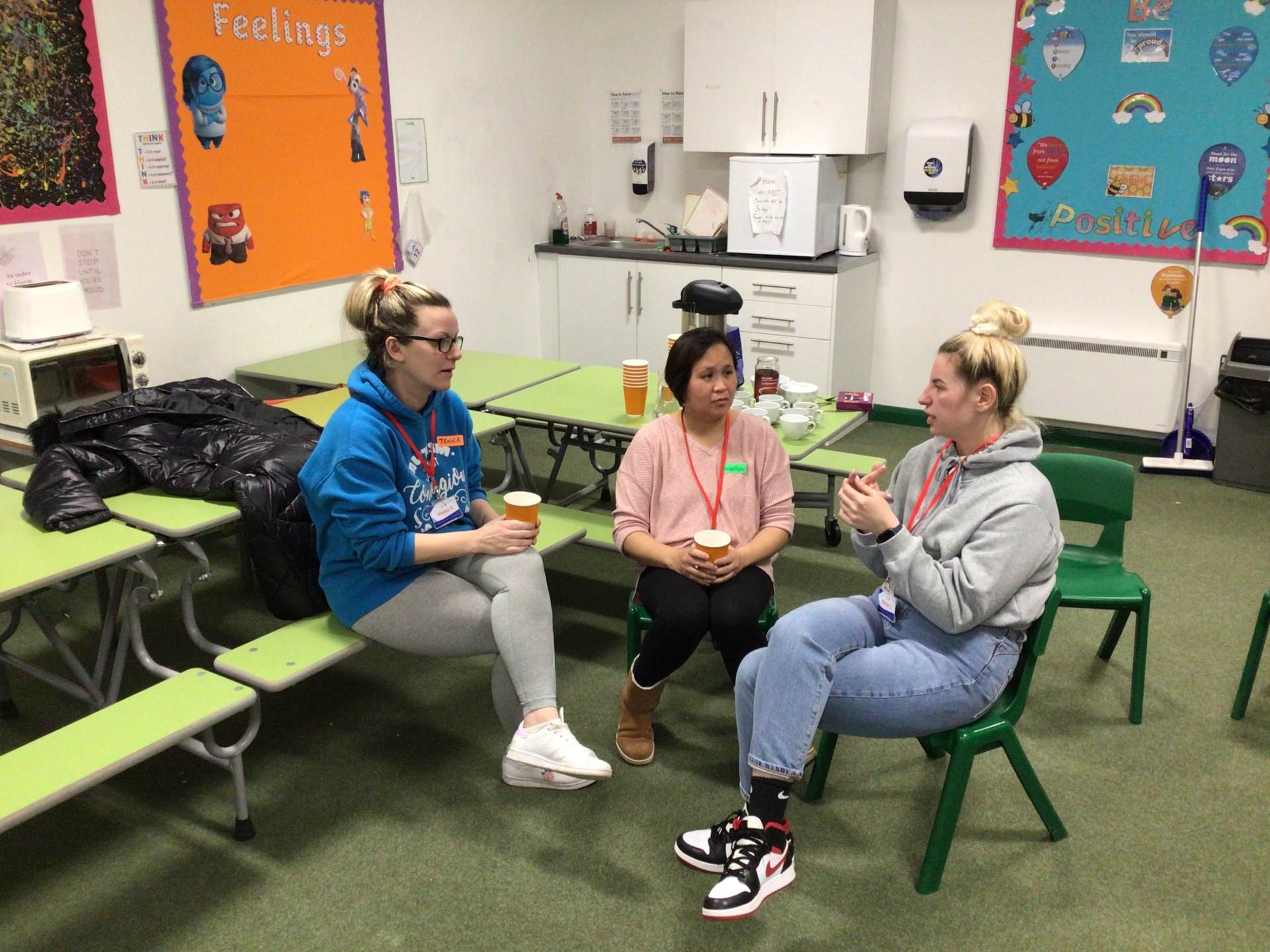
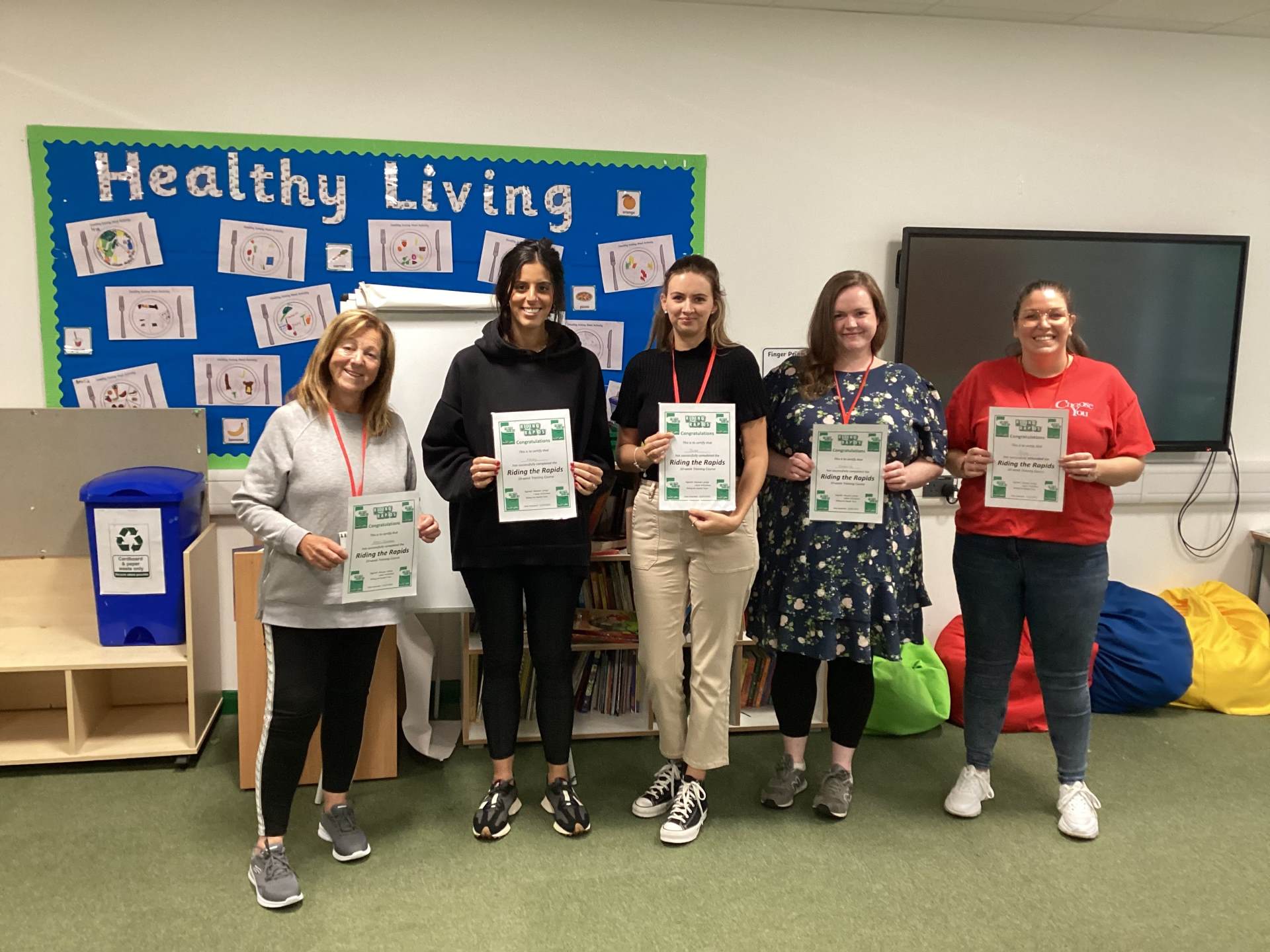
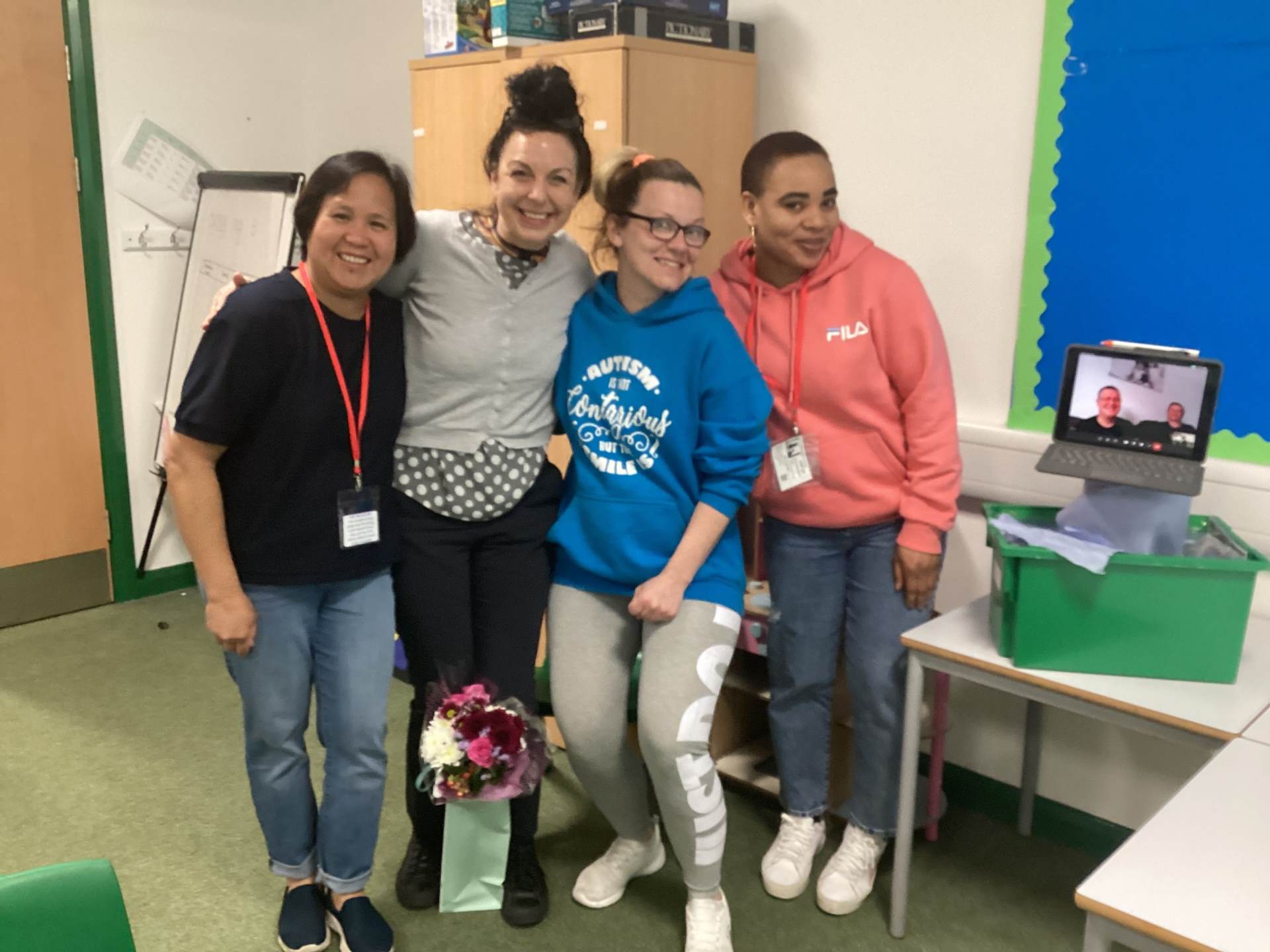
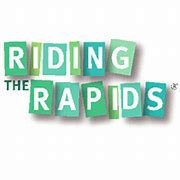
Signalong
Hollinwood Academy is an advocate for the total communication approach, as part of this we use Sign Along across the school. Signalong is a key word sign-supported communication system based on British sign language and is used in spoken word order. It uses speech, sign, body language, facial expression and voice tone to reference the link between sign and word.
/i/video/27-09-2023_094529.mp4








